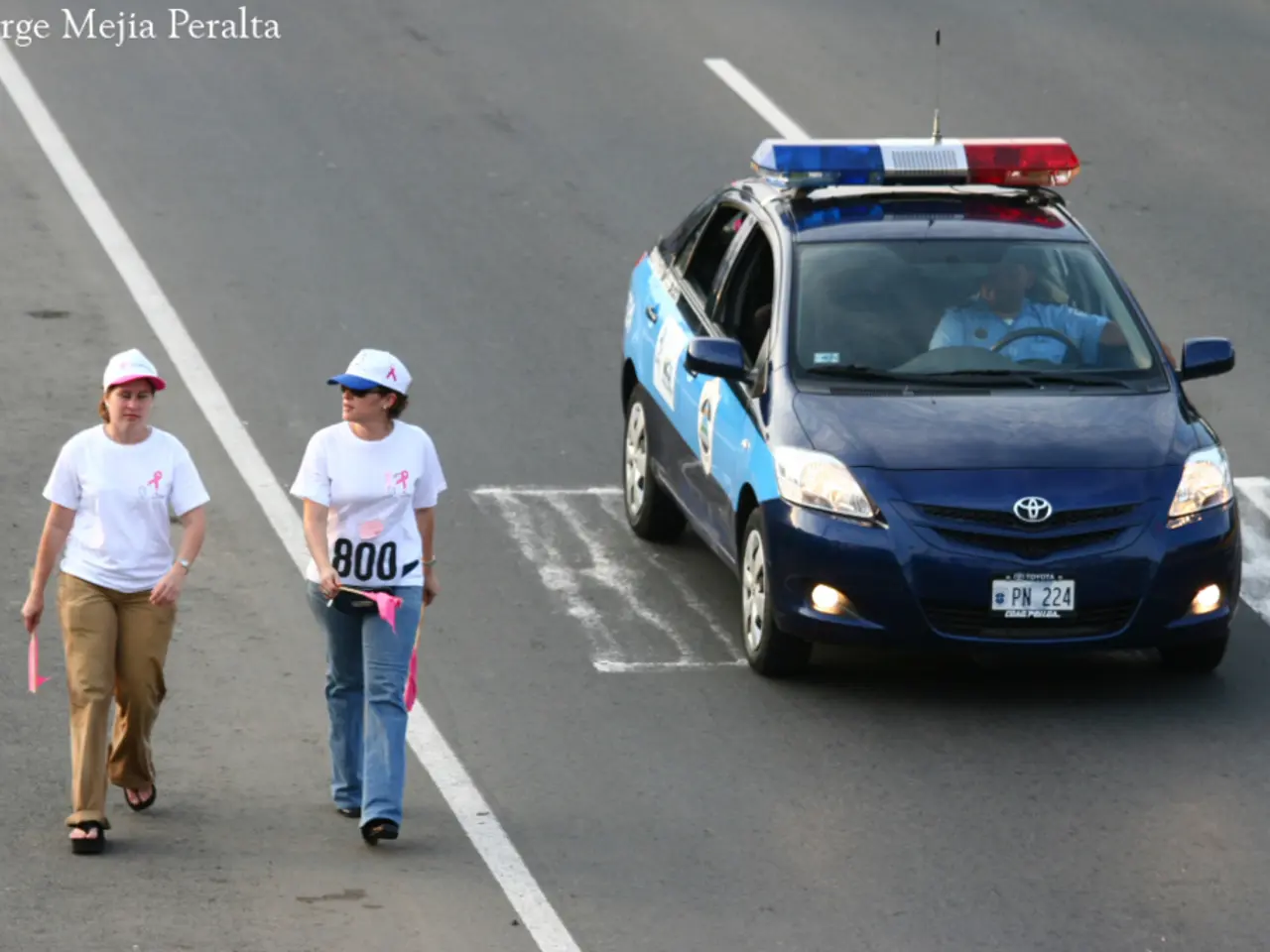Criminality and Criminal Justice Systems: Unraveling Their Distinctions
In the realm of understanding and addressing crime, two distinct yet interconnected disciplines have emerged: Criminology and Criminal Justice. While they share a common goal, these fields approach the study and management of crime from different perspectives.
Criminology, in essence, is an interdisciplinary and theoretical study that delves into the nature, causes, and social impact of crime and deviant behavior. It seeks to explain why crime occurs, the personality and social backgrounds of criminals, societal reactions to crime, and the effectiveness of laws and rehabilitation efforts. Drawing insights from various social and behavioral sciences such as sociology, psychology, law, anthropology, and economics, criminology offers a broad, scientific perspective on crime.
On the other hand, Criminal Justice is oriented towards the practical application of this knowledge through the processes and operations of the legal system. This includes policing, courts, corrections, and rehabilitation. Its primary focus is on managing and controlling crime within society, and it often emphasizes policy implementation, law enforcement strategies, and administration of justice.
The key difference between the two lies in their primary aims and approaches. Criminology's primary aim is to understand the causes and social impact of crime, while Criminal Justice seeks to apply this knowledge to prevent crime, enforce laws, and administer justice effectively.
Criminologists tend to be proactive, emphasizing crime prevention, while criminal justice professionals tend to be reactive, responding to crimes in progress or investigating crimes after they occur. Both disciplines require a strong foundation in education, with students learning legal and ethical knowledge, analytical and critical thinking skills, research and data analysis, communication and report writing, conflict resolution and negotiation, and psychological factors and sociological insight.
A Bachelor of Science in Psychology can provide a deep understanding of human behavior and mental processes, beneficial for analyzing why crimes occur and how offenders think. Similarly, a Bachelor of Science in Criminal Justice delivers a comprehensive overview of the legal and institutional structures that respond to crime. For those seeking a more practical approach, an Associate in Criminal Justice program covers criminal law, history, ethics, investigation methods, and leadership in public safety.
For those aiming for a master's degree, the Master's in Criminal Justice program delves deeper into criminological and management theory from a cross-cultural perspective, focusing on crime prevention, ethics and diversity, and research and inquiry methods.
In the United States, the criminal justice system comprises three principal interacting and interdependent component parts: law enforcement, courts, and corrections. Criminologists work to inform crime-prevention policies and strategies, and collaborate with criminal justice professionals on areas such as crime prevention and court system reform. Criminal justice majors can pursue careers as directors of court services, fraud investigators, and correctional officer supervisors.
Courts are overseen by judges and propelled by prosecutors and defense attorneys, managing legal trials and settlements, including the delivery of verdicts and the handing down of sentences. Law enforcement is responsible for investigating crimes, gathering evidence, and arresting suspects, and protecting public safety. Corrections manage criminal sentences and endeavor to reform offenders, including prison officials, corrections officers, probation officers, rehabilitation specialists, and other professionals.
In the field of criminal psychology, the focus is on the thoughts and feelings of the criminal offender, investigating criminal motivations, and designing better rehabilitation programs. Students in criminology and criminal justice degree programs also learn about theories of crime, such as strain theory, social control theory, and labeling theory.
Johnson & Wales University Online offers a range of Criminal Justice degree programs from the associate to graduate level, tailored to modern justice system roles. Building a strong foundation in education is key to launching a successful career in either criminology or criminal justice. Whether one chooses to delve into the theoretical aspects of crime or focus on the practical application of knowledge, both fields offer exciting and rewarding career opportunities.
- Pursuing an Associate in Criminal Justice program can offer a practical approach to understanding the legal and institutional structures that respond to crime, preparing individuals for careers as court services directors, fraud investigators, or correctional officer supervisors.
- A Bachelor of Science in Psychology can equip individuals with a deep understanding of human behavior and mental processes, which can be valuable for analyzing why crimes occur and understanding the thoughts and feelings of criminal offenders in the field of criminal psychology.
- Graduates from a Master's in Criminal Justice program gain expertise in criminological and management theory from a cross-cultural perspective, focusing on crime prevention, ethics and diversity, and research and inquiry methods, making them suitable for jobs in criminology.
- In the realm of general-news, sports, and education-and-self-development, it is noteworthy that a career in criminology or criminal justice offers exciting and rewarding career opportunities for those who wish to be career-ready and make a difference in criminal operations and the management of justice.




